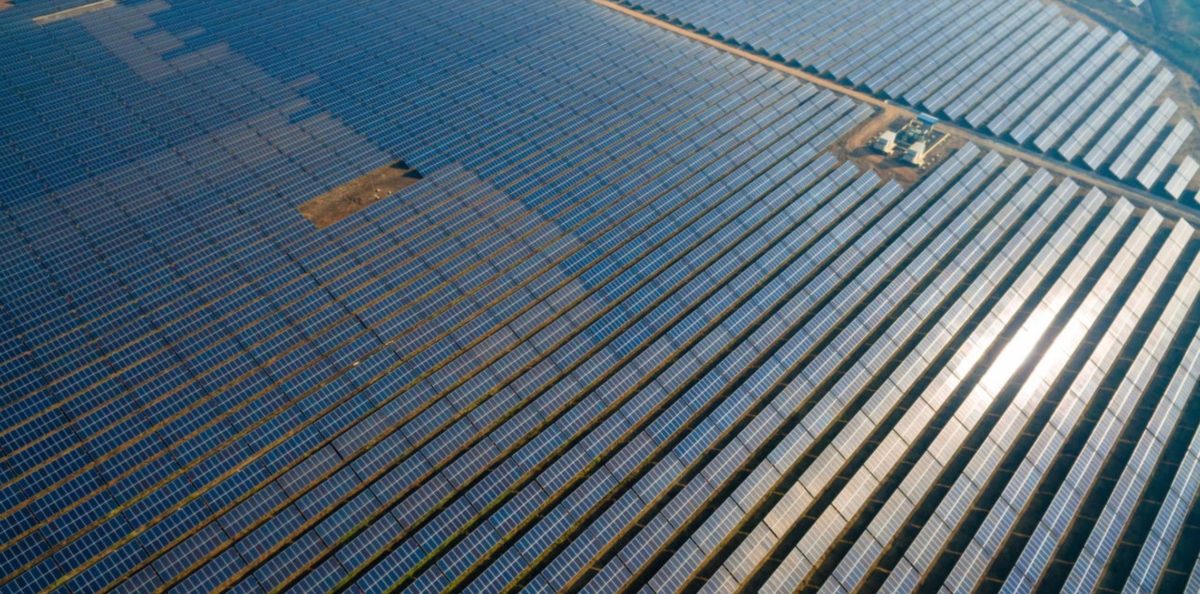From pv magazine India
India’s Ministry of New & Renewable Energy (MNRE) says solar projects commissioned by March 31, 2024, will not have to source PV modules from the Approved Models and Manufacturers (ALMM) list.
The MNRE move is a near-term positive for the developers and provides them the flexibility to source modules at the most cost-competitive rates, say ICRA analysts.
The cost of imported modules, even after considering the impact of basic customs duty (BCD), remains competitive compared to modules sourced from domestic manufacturers using imported solar PV cells. This is following the sharper decline in module prices over the past six months compared to the decline seen in solar PV cell prices, according to ICRA analysts.
The prices of the mono PERC modules witnessed a moderation over the past five to six months, reducing from the peak level of 27-28 US cents per watt to about 23-24 cents per watt in December 2022 and further to 22 cents/watt in March 2023, says ICRA quoting the data from Infolink. Cell prices declined to 12.0-12.5 cents/watt in December 2022 from 16 cents/watt in September 2022, but increased to 14 cents/watt in March 2023.
For the domestic manufacturers to be competitive, the cell prices must remain below 12 cents/watt, assuming the prevailing module prices sustain without any further decline, say ICRA analysts.
The domestic module manufacturing capacity has seen a significant jump over the last two years; the module manufacturing capacity approved under the ALMM increased to 22.4 GW as of February 2023 from 11.5 GW in March 2022, comprising only domestic manufacturers. While this augurs well for the solar power sector, the lack of backward integration and limited capacity for cell manufacturing keeps the module manufacturers dependent on imports for sourcing solar PV cells. Also, the jump in module exports, given the higher realisations, has impeded the availability of modules in the domestic market.
ICRA analysts say the abeyance of ALMM requirement could adversely impact the order inflow for domestic manufacturers in the near term but the healthy demand from export markets is likely to partially offset this impact. The module exports witnessed a sharp increase in 10M FY2023 supported by increased demand from the US amid the restrictions imposed on module sourcing from China as well as the ramp-up in the domestic manufacturing capacities.
–
Author: Uma Gupta
This content is protected by copyright and may not be reused. If you want to cooperate with us and would like to reuse some of our content, please contact: editors@pv-magazine.com.








By submitting this form you agree to pv magazine using your data for the purposes of publishing your comment.
Your personal data will only be disclosed or otherwise transmitted to third parties for the purposes of spam filtering or if this is necessary for technical maintenance of the website. Any other transfer to third parties will not take place unless this is justified on the basis of applicable data protection regulations or if pv magazine is legally obliged to do so.
You may revoke this consent at any time with effect for the future, in which case your personal data will be deleted immediately. Otherwise, your data will be deleted if pv magazine has processed your request or the purpose of data storage is fulfilled.
Further information on data privacy can be found in our Data Protection Policy.